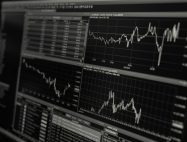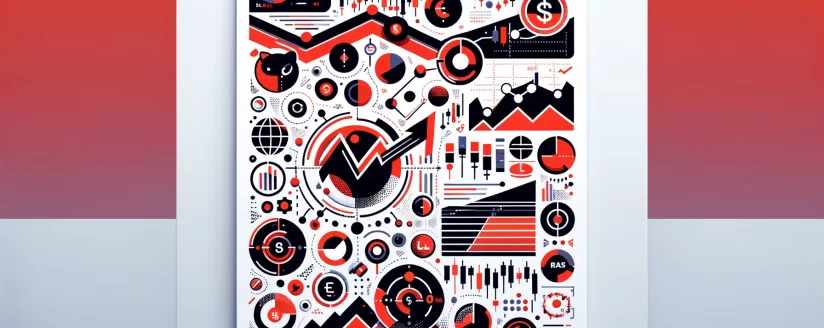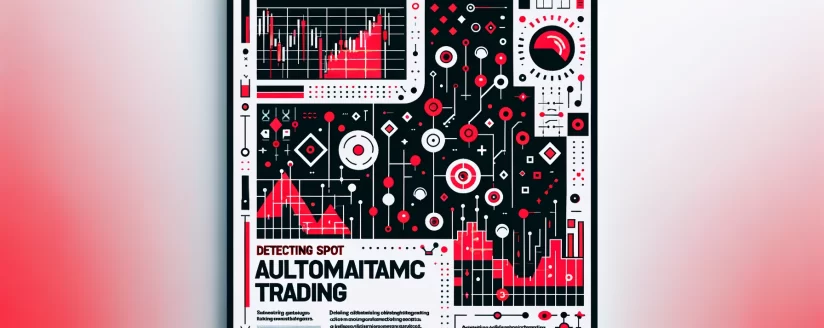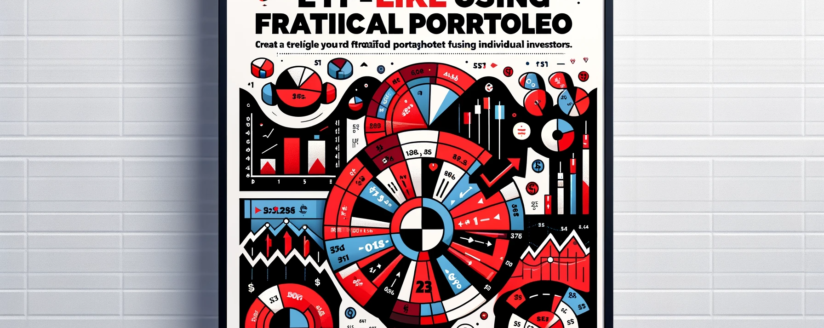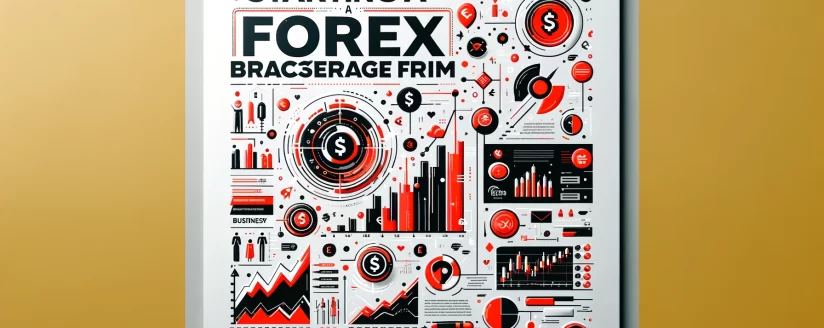Forex brokerage services have come a long way in the last few years and have introduced a wide range of asset classes as well as financial instruments to facilitate their clients. There are a variety of financial instruments available on forex broker platforms that investors can choose to buy or sell according to their investment objectives and personal preferences.
Popular Financial Instruments
- Contract for Difference (CFDs) — It is a financial contract that pays out the price difference between the opening and closing trades. They enable investors to trade on the movement of securities in the very short-term. This is why it is a popular financial instrument for trading forex as well as commodities.
- Forward Contracts — They are signed with the aim to exchange a specific sum of currency according to the agreed-upon price on the settlement day, both of which are decided earlier. They are often used to mitigate risk when downward price movement in forex rates is expected.
- Options — They are quite similar to futures but they do not bind the investor like futures do. They simply give them an option or a right to buy or sell an asset such as forex in the future at a price that’s agreed upon in the present. At the discretion of either of the parties, seller, or buyer, the transaction can be withdrawn. They are also used as diversification tools for risk mitigation.
- Futures — Futures are like options except, here both parties are obligated to execute the contract by selling and buying an asset such as foreign exchange at the agreed-upon price. There is no physical delivery of assets, parties simply receive their share of profit or loss depending on the price movement.
- Swaps — It is a derivative agreement which is used by the parties to exchange the liabilities or cash flows stemming from two separate financial instruments. The exchange occurs at a specified time that is mentioned in the contract.
- Cryptocurrencies — Although technically not a financial instrument, cryptocurrencies like Bitcoin, Ethereum, Monero, Ripple, and other altcoins are offered by forex brokers to provide traders with more versatility in terms of variety of assets. Due to their technological infrastructure, they are popular among tech enthusiasts and traders who are technology savvy.
What Instruments Are Popular Among Small Brokers?
Small brokers like to maintain high liquidity, high volatility, and low capital investment to conduct their business. This is why they often target traders who are looking to make money through shorting instead of holding long trading positions. This is why they deal with the following financial instruments:
- Forex Instruments — The market remains open 24 hours a day during weekdays and contains exactly what small to medium traders are looking for in their investment. Quick liquidity so they can deposit and withdraw quickly, high volatility so they can make a quick profit, and low transaction fees and commissions. If they are feeling lucky, they also have the option to go for leveraged trading.
- Futures — They are popular among small brokers because they allow their traders to alleviate risk and manage unpredictability. Forex traders can diversify by purchasing futures to manage their risk. This is why futures on S&P500 and FTSE100 feature high liquidity and are traded in high volumes.
- Cryptocurrencies — They are popular among short traders because they feature many characteristics of forex. They are highly volatile and often have low transaction charges. With all the recent buzz around blockchains and cryptocurrencies, they are also popular among new traders who have just entered the market.
What Instruments Are Popular Among Large Brokers?
Large brokers often have an elite clientele with managed accounts. They are mostly not interested in day-to-day trading and want to invest in medium to long term instruments such as options, forwards, and swaps. Large brokers often provide all the financial instruments to their traders but since a large chunk of their business comes from managing capital investments of high net worth individuals like hedge fund managers and institutional clients, they also offer a medium to long term instruments along with customized instruments that are designed to diversify the portfolio and minimize risk.
What is the Difference?
When it comes to what separates small brokers from large brokers, there are multiple factors to consider:
- Small brokers often serve day-to-day traders who are looking to short forex and other similar assets while large brokerage firms have institutional and high net worth clients that demand a more sophisticated investment strategy.
- The liquidity situation of small brokers can be limited when compared to the liquid resources that are available to large brokerage firms.
- Small brokers cannot offer all the financial instruments since it’s a regulatory nightmare and there may not even be a demand for them. On the other hand, large scale brokers offer all types of financial instruments to their traders.
- Large brokers also give you the option to negotiate customized financial instruments that align with your investment strategy while that’s not an option with small brokers.
With small brokers, you either have zero or limited access to exotic currency pairs as they struggle to maintain liquidity. On the other hand, large forex brokers can leverage their industry relationships with financial institutions to provide access to exotic currency pair trading while maintaining liquidity.


